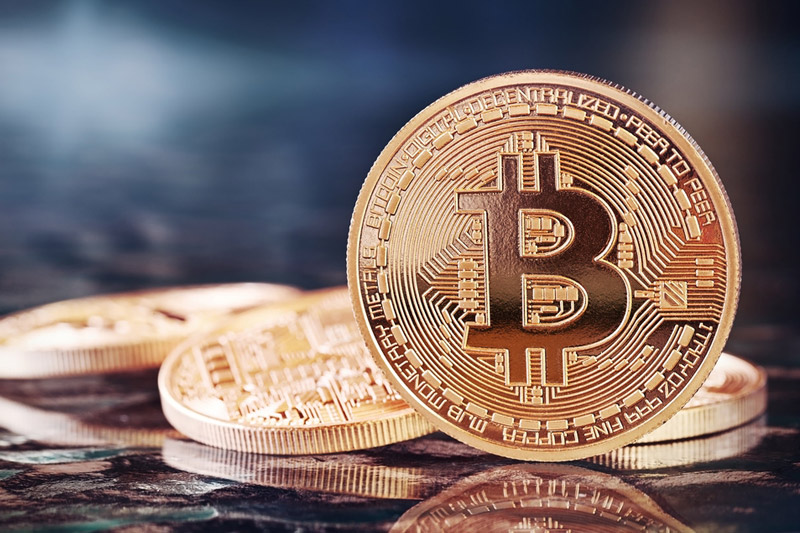-
In a significant advancement for the cryptocurrency market, Ondo Finance is leveraging LayerZero technology to enhance the interoperability of its yield-bearing stablecoin, USDY.
-
This integration allows USDY to function seamlessly across various blockchain environments, marking a critical evolution in DeFi stablecoins.
-
LayerZero’s technology positions USDY as a strong competitor to established stablecoins like USD Coin (USDC) and Tether (USDT), as indicated by Ondo’s recent remarks.
Ondo Finance enhances its yield-bearing stablecoin, USDY, with LayerZero, ensuring seamless cross-chain functionality in the DeFi space.
Ondo’s Strategic Move to Enhance USDY Fungibility Across Blockchain Networks
Ondo Finance is at the forefront of innovation in decentralized finance (DeFi) with its implementation of LayerZero technology, aimed at achieving full fungibility for its flagship product, the USDY. This yield-bearing stablecoin is now able to operate across multiple blockchain platforms, including Ethereum, Mantle, and Arbitrum. With this integration, users can engage with USDY without the cumbersome need to mint new tokens or execute swaps between different blockchain ecosystems. This is a game-changer for users seeking efficiency and simplicity in their crypto transactions.
How LayerZero’s Technology Revolutionizes Cross-Chain Transfers
LayerZero’s operational mechanics are pivotal in ensuring that USDY can be utilized across varied blockchain networks. It employs the Omnichain Fungible Token (OFT) standard, which not only allows for seamless transfers but also enhances liquidity and usability across chains. As LayerZero explains, their mechanism works by facilitating the burning of tokens on the source chain during an omnichain transfer, thereby creating a unified supply. This unique approach negates the need for intermediate wrapping, middlechains, or liquidity pools, streamlining the transfer process. As Ondo prepares to expand further into new blockchain environments, this technology positions USDY as a formidable alternative to the more traditional stablecoins currently dominating the market.
Market Response and Future Prospects for USDY
The market’s reception of USDY’s expanded capabilities signals a growing interest in yield-bearing stablecoins. Ondo’s total value locked (TVL) now exceeds $450 million, highlighting a robust investor confidence in the platform’s sustainability and growth potential. Furthermore, with USDY offering an annual percentage return (APR) of approximately 4.9%, this attractive yield draws in users looking for safer returns compared to the volatility commonly associated with cryptocurrencies.
Comparative Analysis of USDY with Traditional Stablecoins
When compared to traditional stablecoins like USDC and USDT, USDY offers distinct advantages, particularly in the context of being backed by tangible assets such as bank deposits and short-term Treasury bills. These foundational elements not only provide stability but also instill a sense of trust among users wary of market fluctuations. Additionally, the recent market capitalization growth of tokenized Treasury products—soaring to around $2.5 billion this year—underscores the potential for USDY and similar instruments to carve out a significant niche within the broader crypto landscape.





